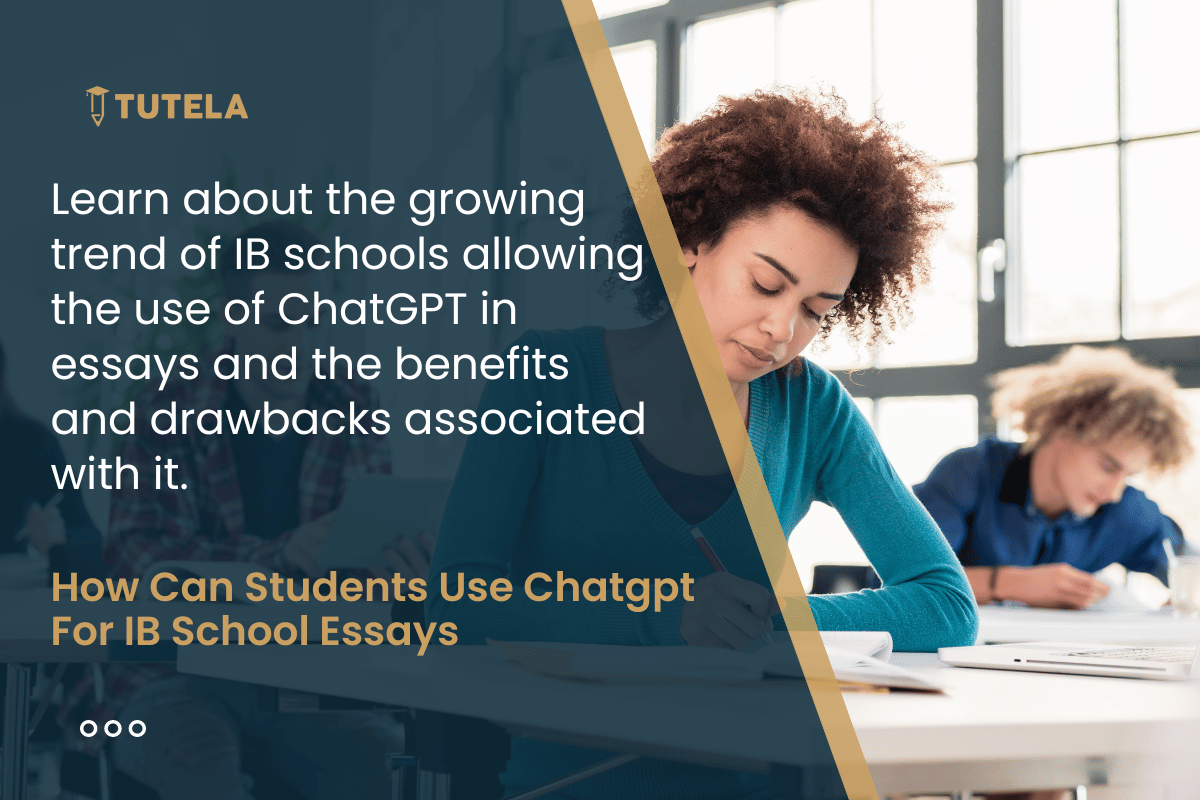OpenAI unveils ChatGPT Edu for universities
OpenAI has launched ChatGPT Edu, a version of ChatGPT that brings responsibly used AI to universities.
Bringing AI to the Educational Sector
OpenAI's website announced the release of ChatGPT Edu, a version of ChatGPT tailored for universities to deploy AI responsibly to students, faculty, researchers, and campus operations.
Features of ChatGPT Edu
Powered by GPT-4o, ChatGPT Edu provides advanced capabilities such as reasoning across text and vision, data analysis tools, and enterprise-level security measures.

Success Stories and User Experience
OpenAI has reported successful implementations of ChatGPT Enterprise at renowned universities like the University of Oxford, Wharton School of the University of Pennsylvania, University of Texas at Austin, Arizona State University, and Columbia University. Users of ChatGPT Edu can leverage GPT-4o for interpreting text, coding, math, data analytics, web browsing, and document summarization. Furthermore, users have the ability to build custom versions of ChatGPT within university workspaces.
Benefits for Students and Researchers
ChatGPT Edu is not confined to lecturers but extends its utility to all staff and students. It serves as a valuable tool for students to review CVs, gain in-depth knowledge, and assists researchers in grant applications and faculty in grading and feedback processes.

Empowering Non-profit Organizations
OpenAI has also introduced OpenAI for non-profits to broaden accessibility to ChatGPT Teams and ChatGPT Enterprise. The initiative aims to enhance the productivity and community service capabilities of non-profit organizations globally.
Real-world Applications
Several non-profits have already harnessed ChatGPT technology for diverse applications, with organizations like Serenas in Brazil using it for grant proposals and THINK South Africa for health data analysis.




















